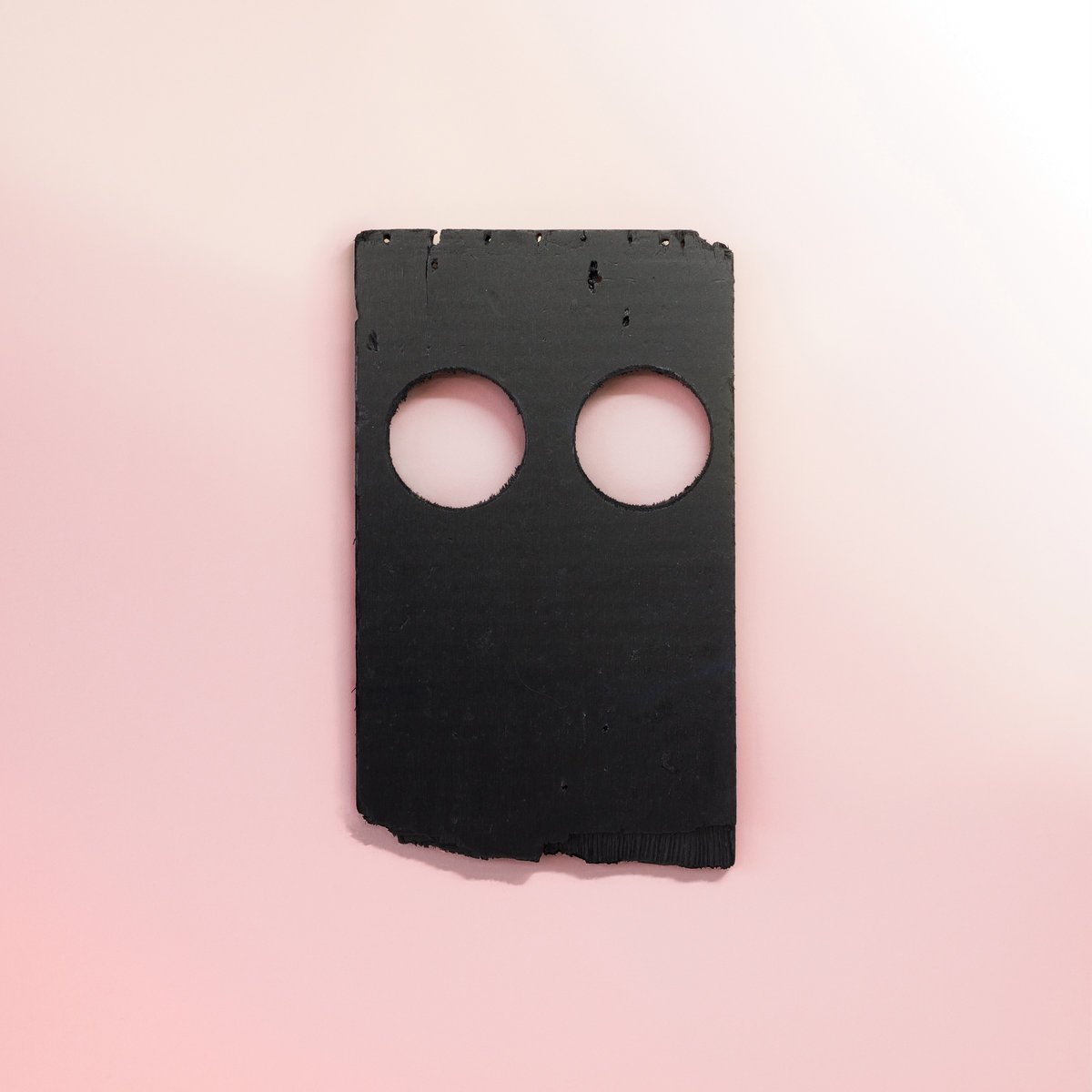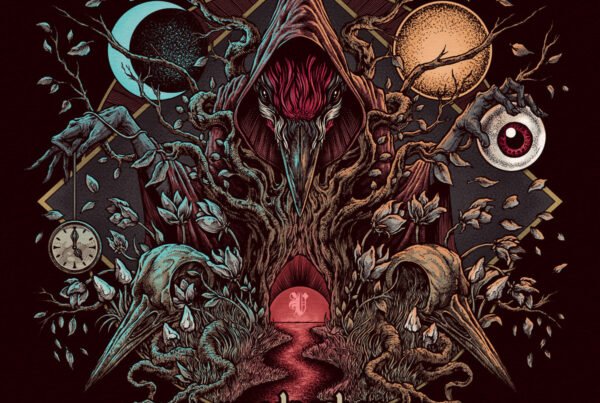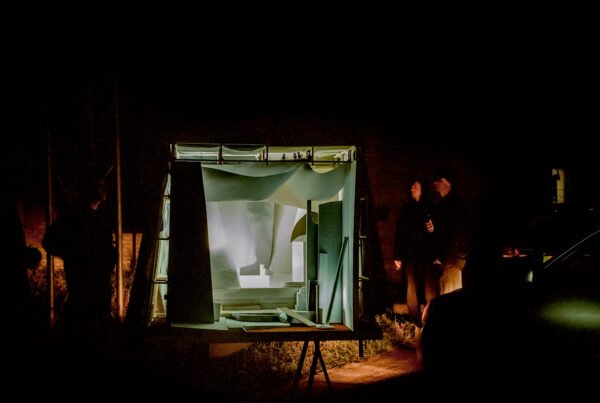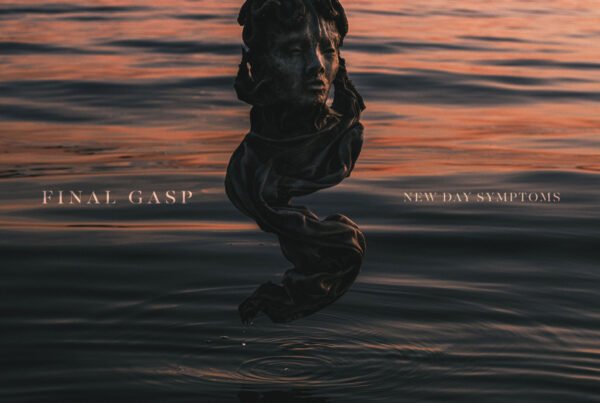Double Negative is an album I would never have expected from Low, not in a thousand years. I wouldn’t have it any other way, though, as the new approach they took with it is nothing short of a stroke of genius.
Release date: September 14, 2018 | Sub Pop | Facebook | Twitter | Instagram | Website | Bandcamp
For many bands, especially those who can look back on a 20+ year career already, it’s hard to find new paths to tread. Low from Duluth, Minnesota can tell you a thing or two about that, having faced this problem before. Formed in 1993, they helped shape the so-called slowcore aesthetic for years, albeit without making any significant changes to their own sound. Only with 2001’s Things We Lost In The Fire was it that they shook up their very foundations, by introducing elements of folk to their music. Now, in 2018, Low compose themselves to repeat that reinvention with a step into the digital age.
A vague approximation to what awaits you on their new album might read as follows: if Tim Hecker stumbled across an album Low had recorded and forgotten years ago in a run-down warehouse, and decided to remix it, Double Negative is what the result would presumably sound like. Filtering the band’s classic melancholic indie rock sound through a thick layer of droney, glitchy ambient electronica, the album is unlike anything their discography yielded up to this point.
You don’t have to dig any deeper into the album than its opener “Quorum” to realize that I didn’t make things up out of thin air. Hissing, cracking white noise greets the listener, before distorted fragments of melody wriggle into the picture. The vocals of Alan Sparhawk (guitar) and Mimi Parker (drums) are digitally processed as well, without robbing them of their poignancy. Before you even get the chance to properly digest the initial shock and enticement of “Quorum”, the following “Dancing and Blood” takes over with a minimal, pulsating industrial rhythm, which throbs its way through the song like a steady mechanical heartbeat. Parker’s dulcet voice contrasts the dark tone of the instrumental, at times forming a one-woman choir to harmonize with herself. This opening will no doubt leave you hooked and bewildered in equal measure.
With this change in sound comes a change in atmosphere as well. Where their previous material was characterized by a certain languid urgency, a warm and melancholic security blanket of euphony, Double Negative retains these traits but infuses them with an eerie, dark, disconcerting vibe. It’s an album to be played in the forlorn corridors of a lonely space station stranded in space. Listen to a song like “Fly” and tell me that it doesn’t sound like something a Xenomorph would listen to when it’s sad and in need of alone time.
It’s kind of impressive, then, how Low kept their basic identifiers intact, despite the radical alterations made in the process of creating Double Negative. There are still glimpses of the band’s usual clean, mellow guitar tone and folk influences (see “Dancing And Fire”), the songs are still slow and deliberate in pace, and most importantly, Sparhawk and Parker still sing like their destinies were meant to intertwine in duet like this since the day the universe violently burst into existence. Seriously, the sublime way in which their voices interact is as hauntingly beautiful as it was 24 years ago, on Low’s début record I Could Live In Hope. May the day never come where this ceases to be true.
I’d like to take a brief moment to highlight my personal favorite tracks: “Always Trying To Work It Out” and “Rome (Always In The Dark)”. The former is elegiac in tone, the latter brash in execution; where one is soft and timid, the other shines thanks to its rousing, energetic nature. One uses electronics in a subdued manner to highlight the guitars and vocals, the other fully embraces the possibilities of vocal manipulation. What the two have in common is that they both have an exceptional hook.
For a long time, I was at loss of what to write about Double Negative; it proved very hard to find the right way to frame its peculiarities and the appeal it has because of them, let alone its radical break with Low’s established traditions. This is one of the most risky sound experiments I’ve heard a band undertake in a good while, and coming from seasoned veterans of the indie scene, it’s even more surprising and commendable. Together with producer B.J. Burton, Low created a unique experience that will in all likelihood stand the test of time, to be remembered as one of the band’s greatest achievements for years to come. I hate to throw around buzzwords ahead of schedule, but Double Negative is a strong AOTY contender.






